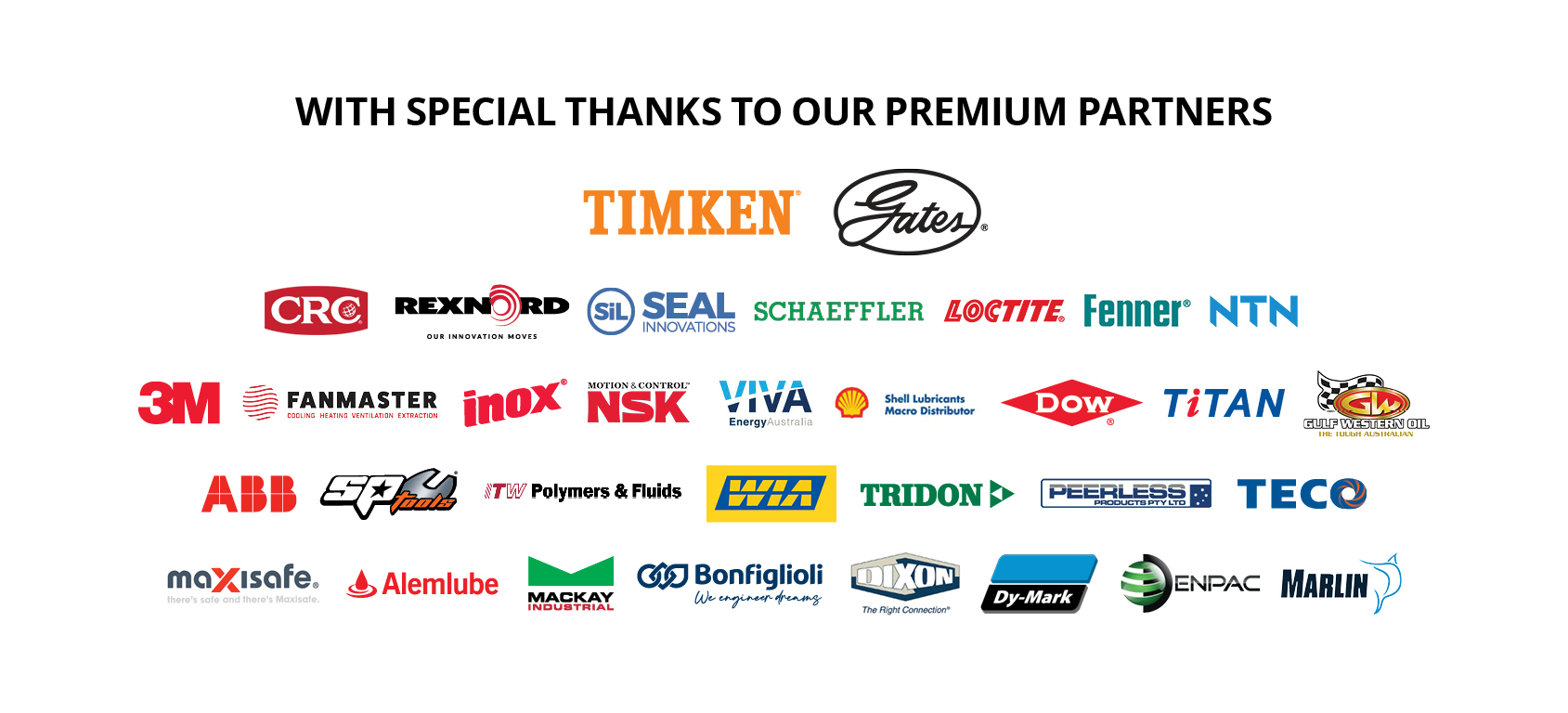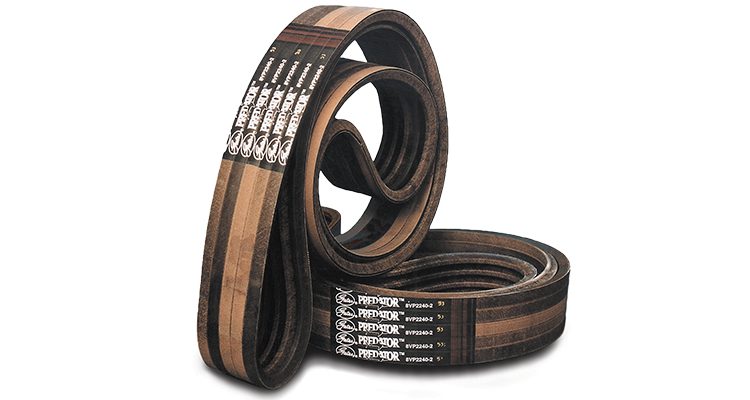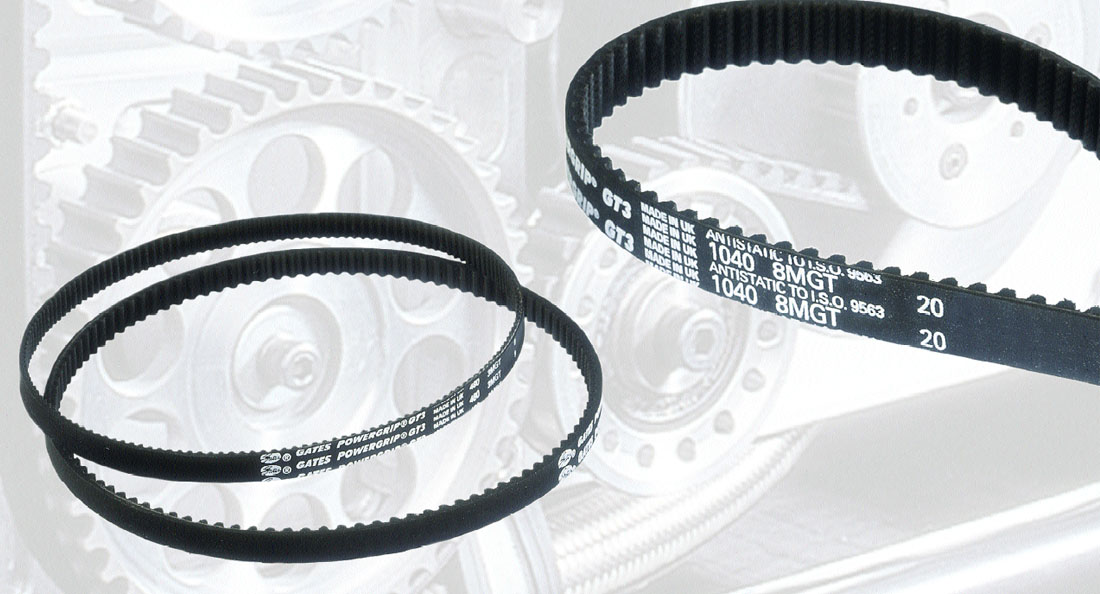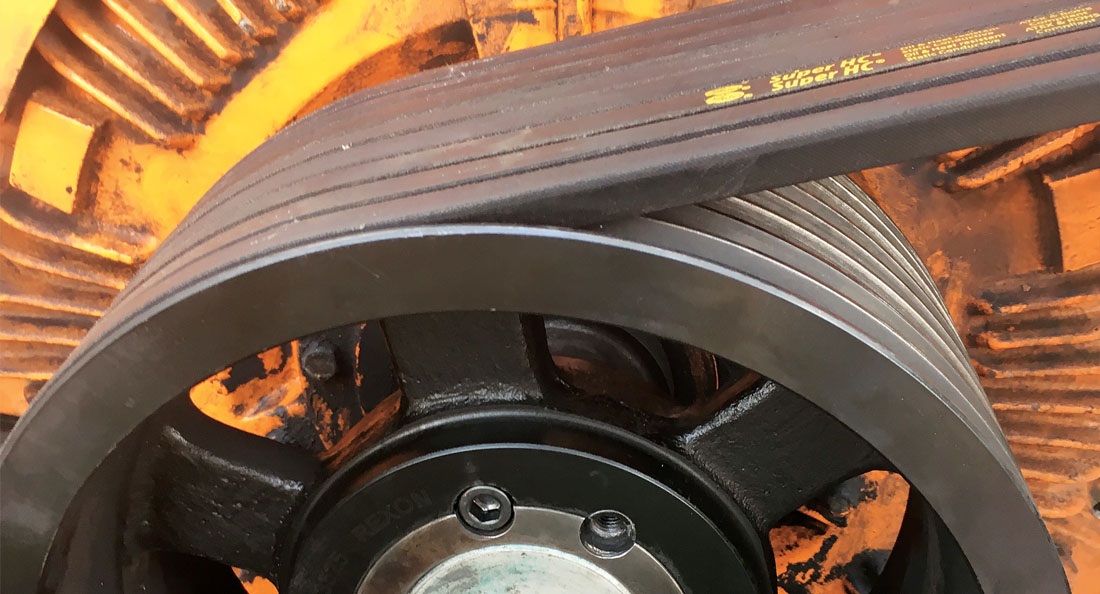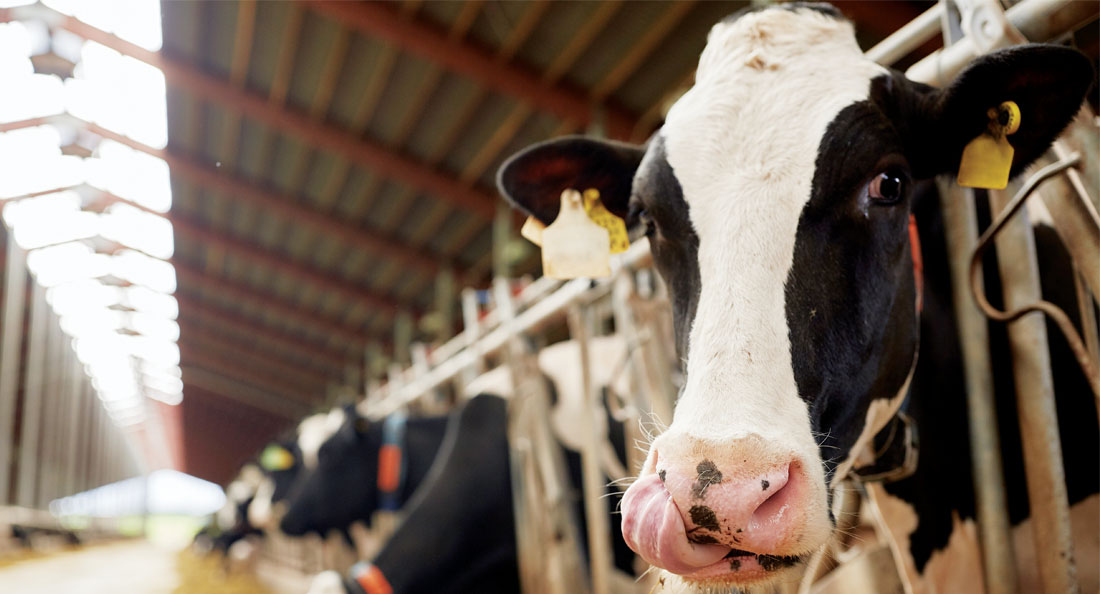CBC and the Gates Corporation have teamed up to supply Australian bulk handlers with high-quality drive belts for industrial applications.
In 1911, Charles Gates Sr. acquired a tyre and rubber company in Denver Colorado. At the time, the company only made a single product, a steel-studded band of leather that drivers would attach to tyres to extend their lifespan.
However, in 1917 Charles’ brother, John, developed a belt made of rubber and woven thread called a V-belt to replace the hemp- and rope-based belts of the time.
This invention helped to revolutionise power transmission around the world and set up the Gates Corporation to continue developing new innovations for dozens of industries, including bulk handling.
Gates’ power transmission products are used across a number of different bulk handling applications, most commonly in drives on fans, pumps and conveying systems. The company expanded into Australia through a partnership with the Consolidated Bearing Company (CBC).
Mark O’Brien, Inenco Product Manager of belts and rubber products, says Gates invests a significant amount into researching and developing new innovation to improve industrial applications.
“Gates is a market leader around the world with award-winning products like the Predator V-belt. The products are designed to be highly reliable and perform well in critical applications.”
The Predator V-belt uses tensile aramid cords to improve its ability to handle shock loads and has a bareback cover to protect from slippage. Double fabric covers provide extreme abrasion wear resistances and a specially treated cover helps it withstand slip and shear forces without generating excessive heat.
Improved rubber compounds provide high heat and oil resistance, making it suitable for dirty operating environments.
The belts’ aramid-based tensile cords provide significant strength and durability, with little to no stretch. Compared with standard V-belts, the Predator is compact and can deliver 2.2 times more power while being half the width and weight.
Mr O’Brien says that a lighter, more compact belt puts less strains on the costlier components.
“Less stress on the drive means a longer lifespan and reduces the amount of downtime required,” he says.
CBC Australia has supplied the belts to a number of businesses looking to upgrade their bulk handling equipment. One example of this is when a large Australian cement manufacturer reached out to the company to help solve a productivity problem.
The cement works was experiencing issues with its drive system at the time. A cement bag filling machine with 11 heads was requiring belt replacements every three months. The belts would stretch, glaze the sidewalls and then crack quickly and fail, interrupting the manufacturing process.
CBC supplied four AP70 Predator V-belts, along with some pulleys, as the stretch-resistant aramid cords were easily able to handle the conditions of the application. By doing so, the lifespan of the belts grew to seven months instead of three, but the company expects the belts to reach at least 12 months service life.
As a distributor, Mr O’Brien says Gates relies heavily and works closely with CBC in the Australian market.
“Our branch networks are familiar with their products and our engineering support group can assist customers with any after sales support,” he says.
The company operates more than 45 branches around Australia through CBC, which has begun to expand into southeast Asia in Indonesia.
Mr O’Brien says CBC distribution centres on Australia’s east coast are kept highly stocked and can offer full support to customers that want a service that goes above and beyond.
“We’ve heard a lot of feedback from our customers who consider Gates number one when it comes to quality, and we’re excited to continue providing Australians with innovations that will help keep them competitive.”
